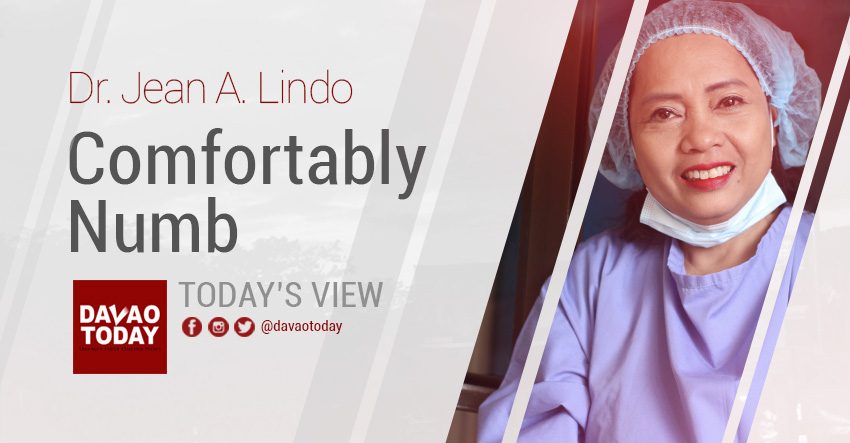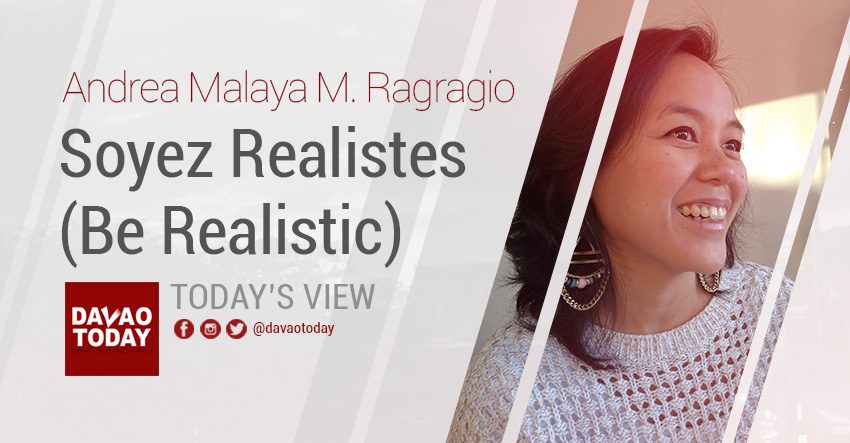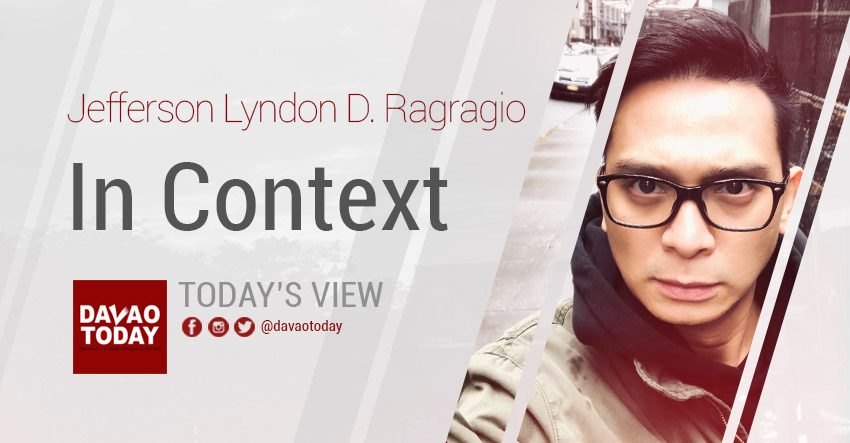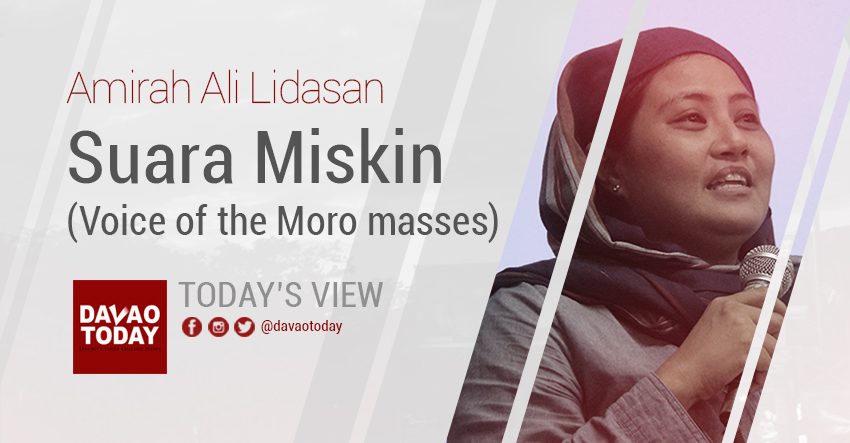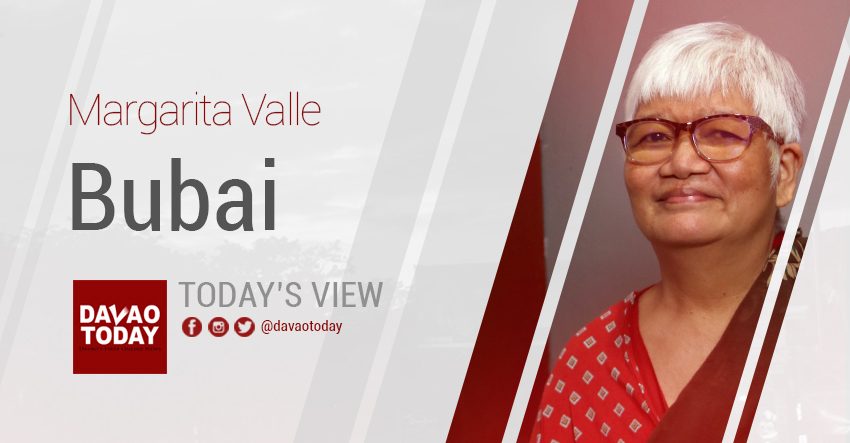Sure, many art practices have been winging it via online platforms since 2020 but the uncompromising nature of street arts can teach us a thing or two about the non-negotiability of physical and public spaces to artmaking, especially in times of crisis, under authoritarian regimes.
I am aware that pragmatic solidarity is not enough but somehow, we must find a way to reduce suffering the soonest time then continue to work for strategic solutions that impact positively on humanity.
Among the Pantaron Manobo communities I work with, for example, the use of surnames was a relatively recent development that came with State census-taking, and was further regularized by formal schooling. For many of my friends, their current surnames are actually the personal name of an admired or respected ancestor that were picked for this purpose. But similar to our own practice, these ancestors whose names were re-adapted were almost always male.
True to his cultural agenda, the Duterte regime doesn’t and won’t go all the way like Marcos did—except for the edifices—so he could still maintain an illusion of democracy. How could this government be accused of curtailing press freedom when it shut just one network down as it trolls another?
The pandemic shows the worse of what we have, but it also makes us reflect on some issues that can help us turn the tide.
The fight for democratic rights of the Afghan peoples should not be viewed in the lens of the occupying forces and imperialist countries but the Afghan people themselves. It is in the hands of Afghan people to truly fight for their genuine liberation.
It is hard enough, as it is, to detach my mind from the “personal”, emotional part of this development, in…
When asked if the Bangsamoro people’s lives have changed under President Rodrigo Duterte’s administration, I am quick to answer that it has not. What it has done is to push the Bangsamoro people deeper into poverty and anger.
Unless your place already has a study, which is highly doubtful if you belong to low-to-average-income earners in the Philippines, working from home must have felt like, at some point, preparing for a play production.
Escaping our deterministic tramlines individually often makes us corrupted sellouts, whereas changing them collectively makes us revolutionaries.


